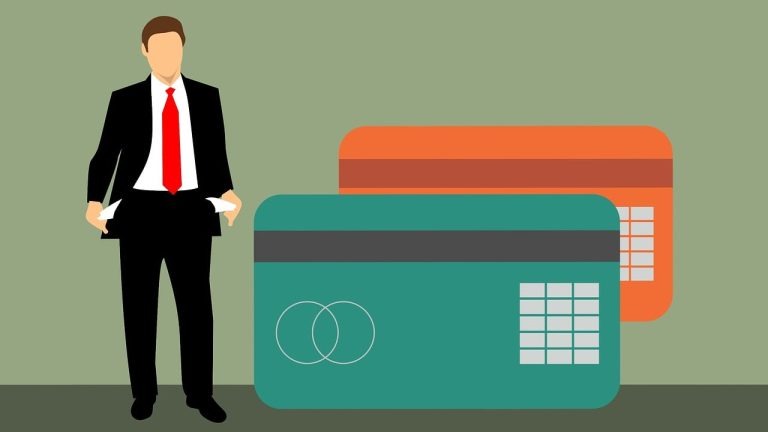We know that your Credit Score is vital to measuring your financial health but having a complete understanding of how your score is calculated is equally important. A good score will determine how much money you will spend on interest and fees. A very good credit score, or any FICO score of 740 or higher, will help you secure loans and credit cards with the best rates, saving you a lot of money over time.
Any score between 580 to 669 will typically leave you paying more for credit and that result is a higher cost to you. If your score hovers under 579, creditors will more than likely view you as a high risk and decline your application.
Using your credit responsibly like paying your bills on time and keeping your debt at a minimum will help improve your score. Your score could easily tank if you are reckless with your credit and finances. So here are a few strategies that will help get you a better credit score
Let us say you pay your bills, mostly, on time, but every once in a while, you might miss a payment. You make up for it and add a few extra dollars to your next payment — no harm, no foul, right? Wrong! Your payment history has the biggest impact on your credit score. Late or missed payments, high credit card balances, collections, and judgments will definitely sink your score.
Your FICO credit score is composed of the following five factors:
- Payment history makes up 35% of your score.
- Credit usage makes up 30%.
- Age of credit accounts for 15%.
- Credit mix 10%.
- New credit inquiries 10%.
Do Not Max Out Your Credit Cards
Another dangerous habit is maxing out your credit cards each month even if you pay your bills early every single month and never miss a payment. Factoring the interest to the balance, this is a huge problem as the card’s overall balance continues to grow every month. The amounts you owe in relation to your credit limits, is called “Credit Utilization” and makes up 30% of your FICO score. According to the FICO credit score formula, rate borrowers who constantly max out their cards as a potential risk to creditors. It is best to keep your balances low and not overextend your credit utilization. Experian says you should strive to keep your credit balances below 25% to 30% of your limits in order to ensure your credit score does not take a hit.
Your Credit History is Also Important
Besides managing your spending habits, another important factor that impacts your credit is the average length of your credit history. You may think it is a good idea to close old accounts you do not use regularly. Nope, think again. Closing old accounts can reduce the amount of available credit you have and in turn raise your utilization in the process.
By limiting your requests for new credit aka “Hard Inquiries” will portray a more responsible borrower. Having several hits to your credit report shows a creditor that you are shopping for credit. The occasional hard inquiry is unlikely to have much effect on your score, but a series of inquiries from several creditors in a short period of time can damage your credit score. Lenders may assume you are facing financial difficulties and are therefore a bigger risk.
About Agruss Law Firm
Founded in 2012, Agruss Law Firm is a national consumer rights law firm. We help consumers stop debt collection harassment, fix inaccurate credit reports, and we also go after big businesses for deceptive practices. Under state and federal laws, we will help you based on a fee-shift provision and/or contingency fee, which means the other side pays your attorney’s fees and costs. You will not owe us a dime for our services. We have settled thousands of consumer rights cases, and we are prepared to help you, too. Contact Agruss Law Firm at 888-572-0176 for FREE, no obligation consultation.
Contact:
Michael Agruss
Agruss Law Firm, LLC
4809 N. Ravenswood Ave, Suite 419, Chicago, IL 60640
Tel: 312-462-4112
Email: michael@agrusslawfirm.com

